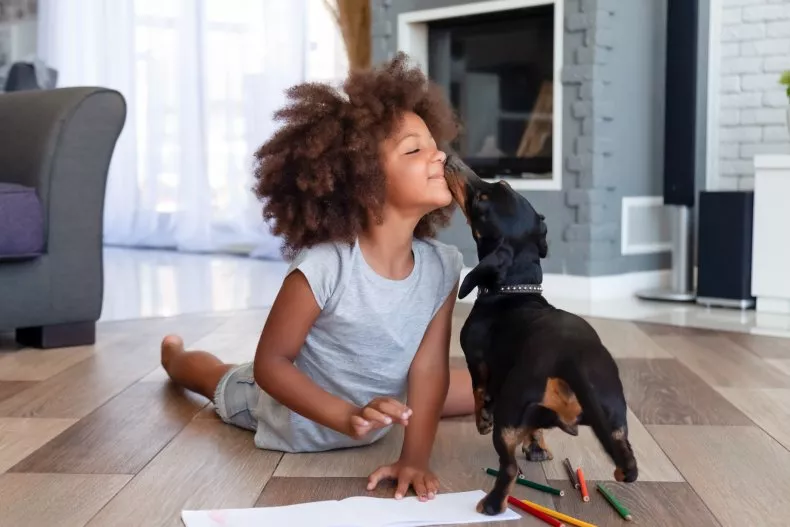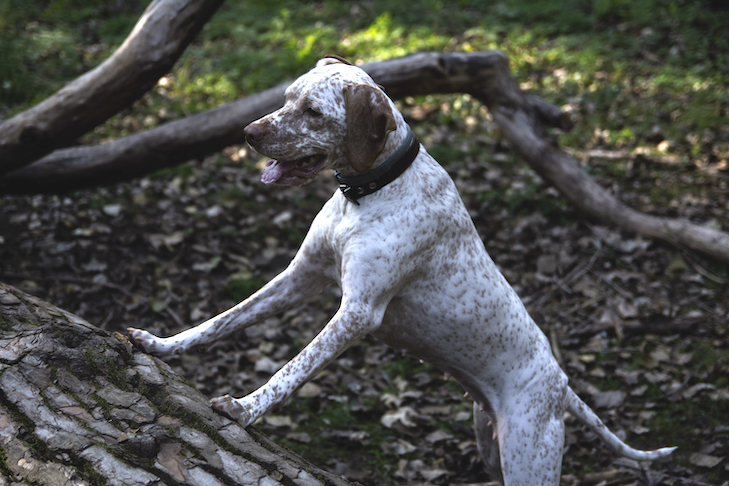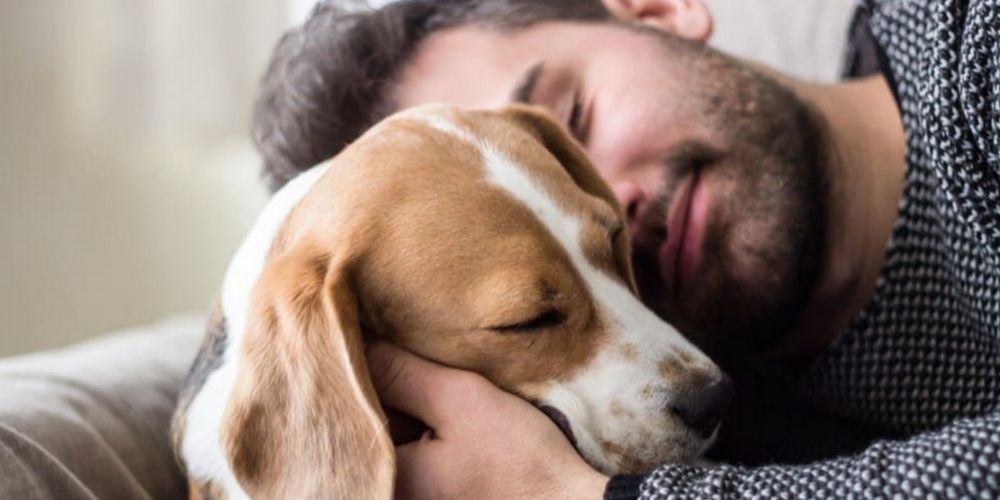Sometimes, we humans have to leave our furry pals behind, whether it’s for a day at work or a week at vacation. The question is not whether we miss them or not; rather, do they miss us as much as we miss them? They’ll give us doggie kisses and say “hi” in a breathy voice, but that’s standard, right? Is this just a friendly welcome, or are dogs missing us for real?

To what extent do dogs grieve our absence?
Yes, dogs do miss their human companions when we’re not around. Emory University School of Medicine professor of psychiatry and behavioral sciences Gregory Berns, Ph.D., M.D., conducted a series of tests known as The Dog Project, in which he and his colleagues confirmed that dogs do, in fact, love their human companions. The canines used in the research were prepared to lie completely motionless during magnetic resonance imaging. Berns conducted a series of tests in which dogs were exposed to various odors, including their own, those of familiar and unfamiliar people, and those of familiar and unfamiliar canines. Berns thinks his findings provide the smoking gun needed to establish that dogs truly love their people, but the data from this portion of the research has not been made public. While we factor in how much dogs love their people and how they perceive time, we arrive at the conclusion that our pets miss us when we’re gone.
The canine internal clock

Therese Rehn and Linda Keeling published research on the outcomes of leaving a dog alone in 2011. Dogs’ enthusiasm for seeing their owners increased after two hours alone, compared to after only thirty minutes. However, neither two nor four hours saw any change in behavior. A dog’s sense of time is limited to the range between 30 minutes and 2 hours. For the most part, your dog will be able to tell whether you’ve been gone for a significant amount of time. After two hours apart, you may have the same enthusiastic welcome as after five, but after just 30 minutes, the welcome will be much more strong.
Evidence from studies published in Current Biology demonstrates that canines have episodic memory, or the ability to recall certain days and events. For a long time, it was thought that dogs didn’t have this kind of memory, but now we know otherwise. Hurray! Even if his memories don’t stick around forever, he may be able to recall certain days or occurrences. Your dog may have “good time” flashbacks while you’re gone, but his recollections won’t stay as long as a human’s.
Is there a way for a dog to comprehend when its human companion is not present?

You may help your dog get used to your work schedule by always leaving and returning around the same time. In spite of what the neighbors may have said about your dog’s cries for attention, your pet should ultimately come to understand that you are coming back. Dogs are pack animals that benefit from regular playtime. Keep your dog from becoming bored by avoiding leaving him alone for lengthy periods of time and by giving him plenty of exercise.
Knowing what your dog needs on a daily basis are crucial to his well-being and your peace of mind. In this case, he’ll only know that you’re gone, whether you’ve been gone for two hours or four. If this is something he does every day, he should be OK. A longer absence, such as while going on vacation, may disrupt your dog’s schedule and may cause him or her some little discomfort. It’s crucial to find a trustworthy dog sitter who will keep your pet healthy and happy while you’re away. While it’s true that every dog is unique, anecdotal evidence suggests that your dog will be OK while you’re gone as long as he’s left with responsible people. There will still be a heightened level of excitement for your return, however.
Approximately how long does it take a dog to forget a human?

The length of time a dog recalls its owner is typically proportional to the manner in which the owner treated the dog. Memory is an important asset for dogs to ensure their own safety and survival. They’ll keep in mind the potentially harmful elements of a certain circumstance so that they may steer clear of it in the future. An abused dog who was rescued probably won’t miss his former owners, but he will hold on to their memories for the sake of his own safety. A dog’s memory will also retain the names of those who treated him well and who he could trust. The dog learns from its past interactions with various sorts of humans what kind of company he or she most enjoys (although memory aside, a dog will learn pretty instinctively whom to trust).
A dog’s memory of a prior abusive owner might last for months or even years if the canine has a troubled background. This is only something he does to keep himself safe, but a change of scenery, especially one that is kind, would do wonders for helping him forget his prior trauma. He will learn what a respectful and caring bond between a person and dog looks and feels like if he grows up in a happy and safe setting.
Your dog will show signs of loneliness while they are apart from you

Your dog will let you know in subtle ways that he is sad because he misses you. When one partner travels, the other may come home to find their dog smelling their clothing or chewing on their shoes. Someone who has lost a loved one may rummage through their possessions and question, “Where did they go?”
Abandoning your dog alone for a few hours is far different than leaving him or her for good. A dog’s behavior may alter after the death of his owner, and he may lose interest in activities that used to bring him joy. It’s possible that he’ll withdraw socially and seem as though he’s waiting for his human to come back. How sad! A dog’s changing behavior while he is grieving for his person shows how much he loves and needs him.